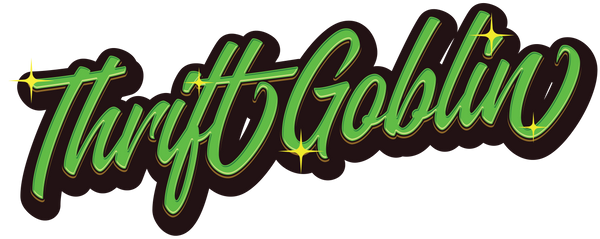Hook-Ups Skateboards
1. Origins and Founding
Founding:
- Establishment: Hook-Ups Skateboards was founded by professional skateboarder Jeremy Klein in 1993. The brand was created under the larger skate company Birdhouse Skateboards, which was co-founded by Tony Hawk and Per Welinder.
- Anime Influence: Klein's vision for Hook-Ups was to merge skateboarding with his passion for anime and Japanese pop culture. The brand quickly became known for its distinctive and provocative graphics, featuring anime-style characters and themes.
Initial Success:
- Unique Appeal: Hook-Ups stood out in the skateboarding industry due to its bold and risqué artwork, appealing to a niche audience that appreciated the blend of skate culture and anime aesthetics.
- Early Products: The first Hook-Ups decks featured striking anime-inspired graphics, setting the tone for the brand's identity and gaining a loyal following.
2. Key Milestones
Expanding Product Line:
- Apparel and Accessories: In addition to skate decks, Hook-Ups expanded its product line to include apparel and accessories, such as T-shirts, hoodies, hats, and stickers. The clothing line often featured the same bold and provocative graphics as the skateboards.
- Collaborations: Hook-Ups collaborated with other brands and artists, further solidifying its place in both the skateboarding and anime communities. These collaborations often resulted in limited-edition products that became highly sought after by collectors.

Cultural Impact:
- Cult Following: Despite not being as commercially dominant as some other skate brands, Hook-Ups developed a strong cult following. Fans appreciated the brand's unapologetic style and its commitment to staying true to its unique vision.
- Influence on Skate Culture: Hook-Ups influenced a wave of skateboard graphics in the 1990s and early 2000s, encouraging other brands to experiment with more daring and creative designs.
3. Iconic Products
Skate Decks:
- Anime Series Decks: Hook-Ups' skate decks often featured series of designs that told a story or depicted characters in various scenes. These decks became highly collectible and were known for their artistic quality.
- Fan Favorites: Some of the most popular Hook-Ups decks include the "School Girl" series, the "Nurse" series, and the "Geisha" series. Each deck showcased detailed and vibrant artwork that resonated with fans of both skateboarding and anime.

Apparel:
- Graphic Tees: Hook-Ups' T-shirts became iconic in their own right, often featuring the same anime-inspired graphics as the skate decks. These tees were popular among skaters and anime fans alike.
- Hoodies and Jackets: The brand's hoodies and jackets were known for their comfort and style, often adorned with bold prints and the Hook-Ups logo.
Collectibles:
- Posters and Stickers: Hook-Ups produced a range of collectibles, including posters and stickers that featured the brand's signature artwork. These items became popular among collectors and fans looking to display their love for the brand.
- Limited Editions: Limited-edition products, such as collaboration decks and special releases, were highly coveted and often sold out quickly. These items added to the brand's allure and exclusivity.
4. Fun Facts and Cultural Impact
Controversial Graphics:
- Provocative Designs: Hook-Ups was known for pushing the boundaries with its graphics, often featuring provocative and suggestive imagery. This approach garnered both praise and criticism but undeniably set the brand apart from its competitors.
- Censorship Issues: Some of Hook-Ups' products faced censorship issues, particularly in more conservative markets. This controversy only added to the brand's rebellious image and appeal.
Skateboarding Legends:
- Jeremy Klein: As the founder of Hook-Ups, Jeremy Klein played a significant role in the brand's direction and success. Klein's status as a professional skateboarder and his creative vision were instrumental in establishing Hook-Ups' identity.
- Team Riders: Over the years, Hook-Ups sponsored various skateboarders who embodied the brand's edgy and unconventional spirit. These team riders helped promote the brand and contributed to its reputation within the skateboarding community.
Pop Culture References:
- Anime and Manga: Hook-Ups' graphics often paid homage to popular anime and manga series, incorporating familiar themes and characters. This approach resonated with fans of Japanese pop culture and helped bridge the gap between skateboarding and anime.
- Influence on Art: The brand's distinctive style influenced a generation of artists and designers, inspiring them to explore the intersection of different cultural influences in their work.

Legacy and Evolution:
- Continued Relevance: Despite changes in the skateboarding industry and evolving trends, Hook-Ups has maintained its relevance by staying true to its roots. The brand continues to release new products that appeal to both long-time fans and new enthusiasts.
- Collectible Status: Many of Hook-Ups' early products have become highly collectible, with original decks and apparel fetching high prices on the secondary market. This enduring popularity speaks to the brand's lasting impact and influence.

